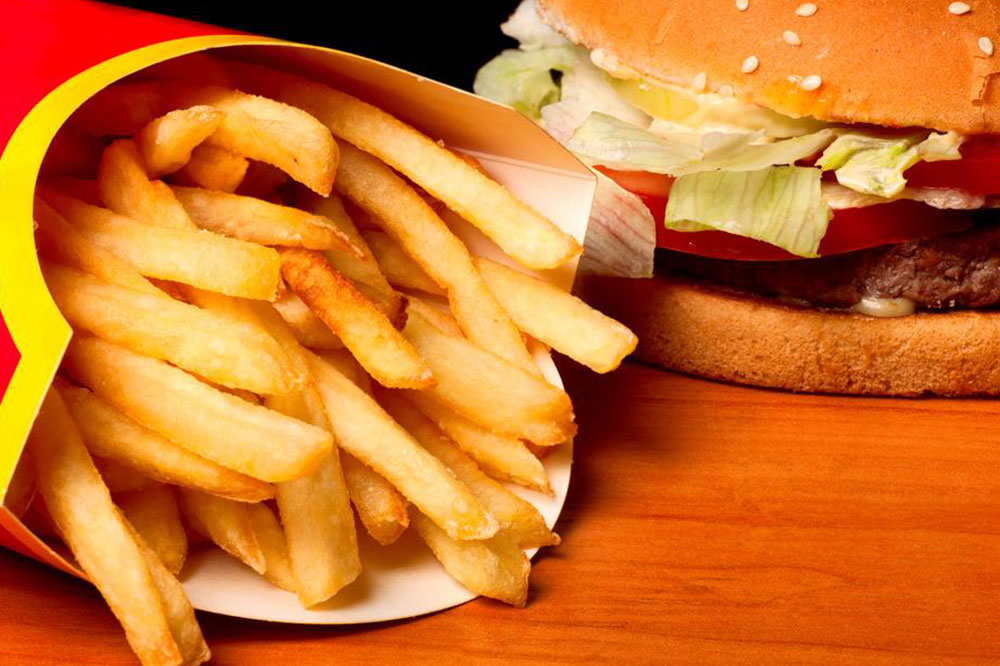
Dietary Tips for COPD Patients
Chronic obstructive pulmonary disease (COPD) is a combination of respiratory illnesses that affect the free flow of air and makes it difficult for you to breathe. Chronic bronchitis and Emphysema are the two types of COPD. Smoking tobacco, exposure to second-hand smoke, environmental pollution, and poor ventilation in living or working habitats are reasons people develop COPD. There is no cure for COPD, but there are certain things you can do to reduce the frequency and intensity of its symptoms. When you ensure to eat the right foods and also avoid those that make symptoms worse is one of the ways COPD patients can manage this group of progressive respiratory diseases.
The foods to eat are as follows:
- Antioxidant-rich fruits and vegetables
Brightly colored (also referred to as rainbow-colored) fruits and vegetables are highly rich in phytochemicals that work as antioxidants to reduce the damage caused by free radicals by neutralizing them. They are beneficial for COPD patients because antioxidants help improve lung functioning. Include carrots, tomatoes, sweet potatoes, winter squash, leafy greens, and fruits like apples, apricots, berries, grapes, oranges, and other citrus fruits, cantaloupe, pears, and watermelons in the diet. - Beans, peas, and nuts abundant in zinc
Beans, peas, and nuts contain fiber, zinc, and protein, all essential for a healthy COPD prevention diet. Also, if patients experience low weight issues, nuts, nut milk, and nut butter are healthy fats that help with a healthy weight gain. - Low carb, high protein diet
Foods like lean meat, soy, eggs, and poultry are packed full of protein required for strengthening your respiratory muscles. Also, protein augments your immune system, maintains muscle mass, and prevents weight loss.
The foods to avoid are as follows:
- Excessive salt
Salt provides essential sodium required by your body and is a taste enhancer, but need to be used sparingly. Excessive salt in your diet can cause water retention or edema and swelling, thus obstructing the diaphragm’s smooth functioning. It makes breathing difficult. Instead of salt, use fresh herbs or lime juice to add flavor to your dishes. - Dairy products
Dairy products might cause phlegm in some people, and it is best to avoid milk, buttermilk, yogurt, and icecreams, especially when there are flareups of COPD. Your body might try to expel phlegm by vomiting or coughing, which could cause pain when you are struggling with COPD. Instead of regular dairy, soy or nut milk can be used. - Cruciferous fruits and vegetables
Some fruits and vegetables, especially cruciferous ones rich in fiber, can cause indigestion and produce excessive gas. Hence, vegetables like cauliflower, broccoli, radishes, brussels sprouts, bok choy, and cabbage should be avoided. Gas and bloating can cause breathing problems for COPD patients. - Fried foods
Weight gain and bloating are two side effects of consuming a diet rich in saturated fats and fried foods. Both of these can cause obesity and put unnecessary pressure on the lungs, exacerbating COPD symptoms. Instead of fried foods, try baking vegetables, fruits, and nuts for a healthier and more delicious flavor. - Aerated drinks
Limit intake of carbonated beverages and energy drinks with lots of sugar. Apart from just adding empty calories, these drinks contain carbon dioxide, artificial flavors, colors, and sweeteners. The gas and obesity these can cause are harmful to patients with COPD because then breathing then becomes difficult. - Cold cuts
Meats such as ham, bacon, and other processed cold cut meats contain additives like nitrates. These are known to magnify symptoms of COPD. So limit the consumption of such foods.


